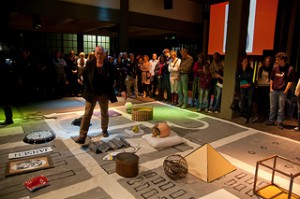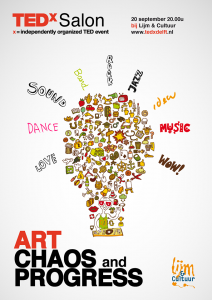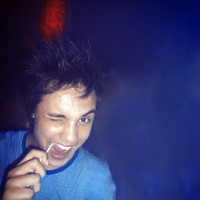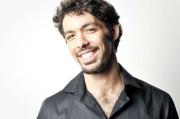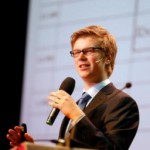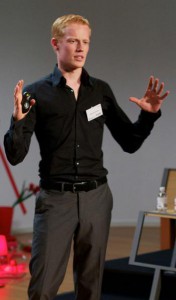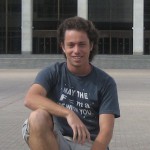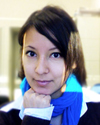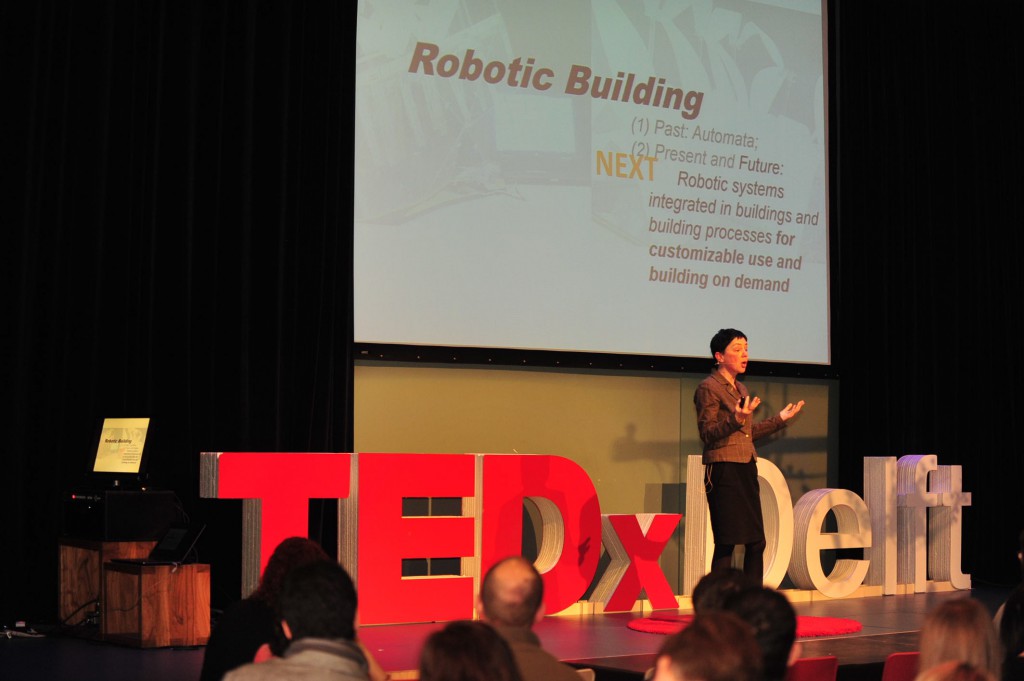
On Sunday, April 12, 2015, TEDxDelft organized its third Salon of the year at Theater de Veste, with “The Future” as its theme. During the event, speakers Hamdi Dibeklioğlu, Henriette Bier and Vincent Moleveld were invited to share their insights on technology and art, and how they bring people together.
First to take the stage was TU Delft’s Hamdi Dibeklioğlu who discussed facial recognition and the development of algorithms capable of identifying expressions. “Facial expressions convey emotions, a state-of-mind,” Dibeklioğlu explains. “Recognizing them means understanding them.” By using set points on the face, such as eyes and corners of the mouth, an algorithm could then determine the facial expression being made.
Dibeklioğlu went on to demonstrate how this technology also worked on pieces of art, such as a selfportait of Rembrandt van Rijn and Leonardo da Vinci’s Mona Lisa. Whereas the facial expression of Rembrandt van Rijn’s painting was clear, the Mona Lisa‘s was less obvious because of a concept called dynamic behaviour. The eyes in the painting would convey a different emotion than the mouth. By having the algorithm take these nuances into account, it would be possible to distinguish between someone posing with a certain expression or showing genuine emotion. Dibeklioğlu argued that these algorithms could offer various new applications and could even help diagnose psychological disorders.
TU Delft’s Henriette Bier was up next, discussing how robots would become increasingly involved in the every phase of construction. “In the future, robotic systems are going to be integrated into buildings and building processes,” Bier claims. Design would change from two-dimensional to three-dimensional, with user feedback loops throughout the process.
According to Bier, the involvement of robots would extend the entire design-to-production process. These systems would then be able to control the environments they built, such as an apartment. “The bathroom, sleeping room, and kitchen are not used simultaneously,” Bier says. By using adaptable furniture, the room can shift appearances depending on the needs of the moment, thereby reducing the total surface area needed for a house. Bier concluded by saying that in time, these robotic systems would allow us “to customize the building that we live in and will be building, on-demand.”
After an intermezzo, during which choreographer and animator David Middendorp fused dance with digital animations, Online Gallerij founder Vincent Moleveld was the final speaker to address the audience.
“Artists hate selling themselves, becoming a commercial artist, which they consider to be a curse word,” Moleveld says. While galleries will put art pieces on display, he argues that there is still a gap between the artist and the public. “Art can be something scary to understand,” he claims. “A piece of art can be difficult for people to understand, or galleries can appear uninviting.” The art market has always been conservative and the pieces that are being sold are done so to be conserved.
The problem according to Moleveld is that the art world and galleries are often frequented by the same people who rely on their established networks. The way for more people to become involved, he argues, would be for galleries to improve their online presence, thus making art more accessible. This could be done by making videos, which would explain what the artists are doing or by making use of social media, which visitors could then integrate into their own networks. “Galleries should not be afraid of showing too much,” Moleveld says. “So let’s open the doors.”
Though contradictory at times, art and technology have come together in various ways and continue to do so today. Whether it is by using art to help develop algorithms or sharing art to a broader audience via the Internet and social media, these two fields are linked in so many different ways. Technology continues to evolve to the point where machines can create objects themselves. Maybe, one day soon the time will come when a robot will be able to create a painting on its own.
***
On May 29, 2015, TEDxDelft will be hosting its first ever TEDxDelft women’s event at the Rietveld Theather. If you are interested in participating in this unique conversation, we invite you to join us during this event. Keep an eye on the TEDxDelft website for more information.

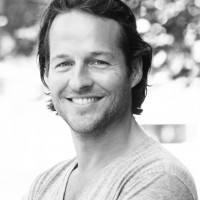
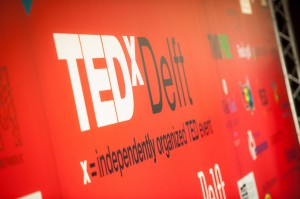
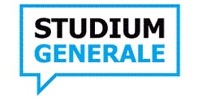
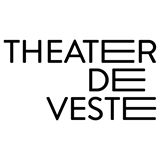
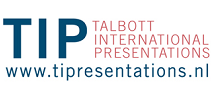
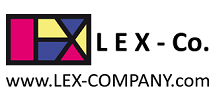
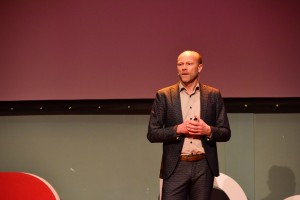
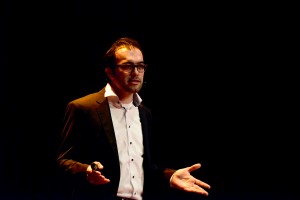
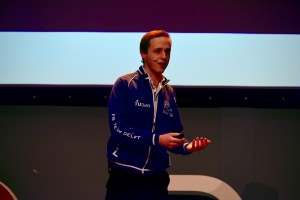
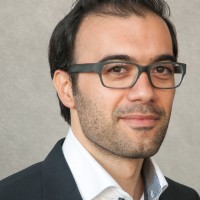

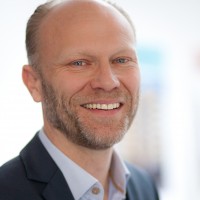

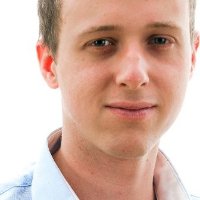
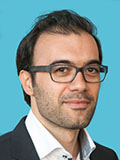

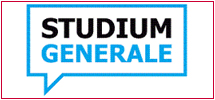
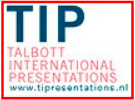
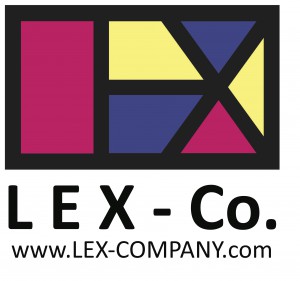
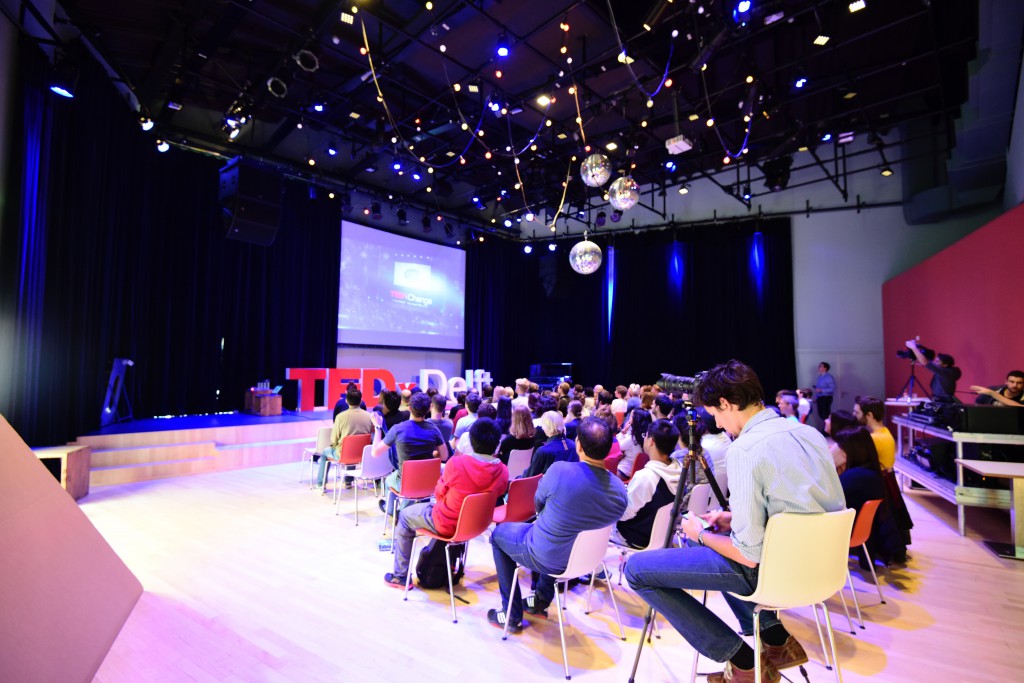
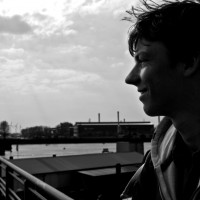
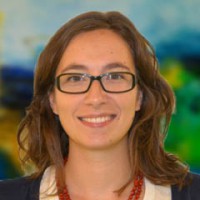
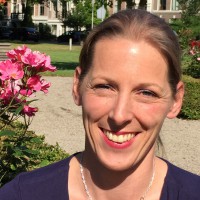
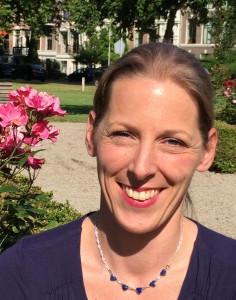
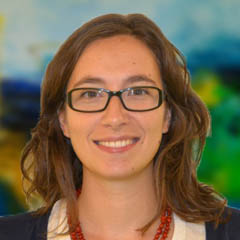
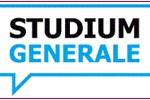
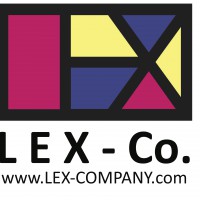
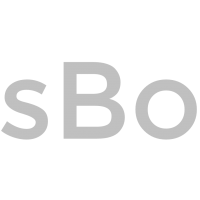

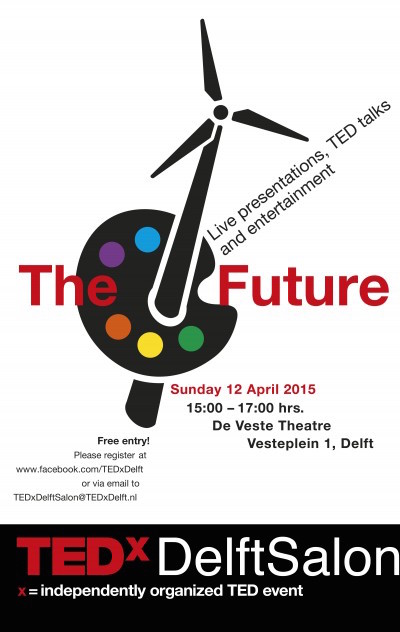
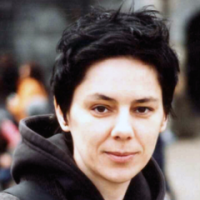
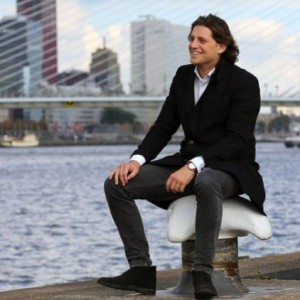
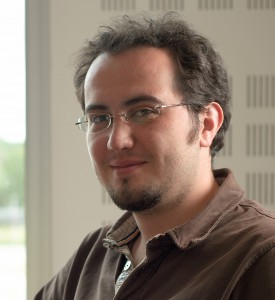


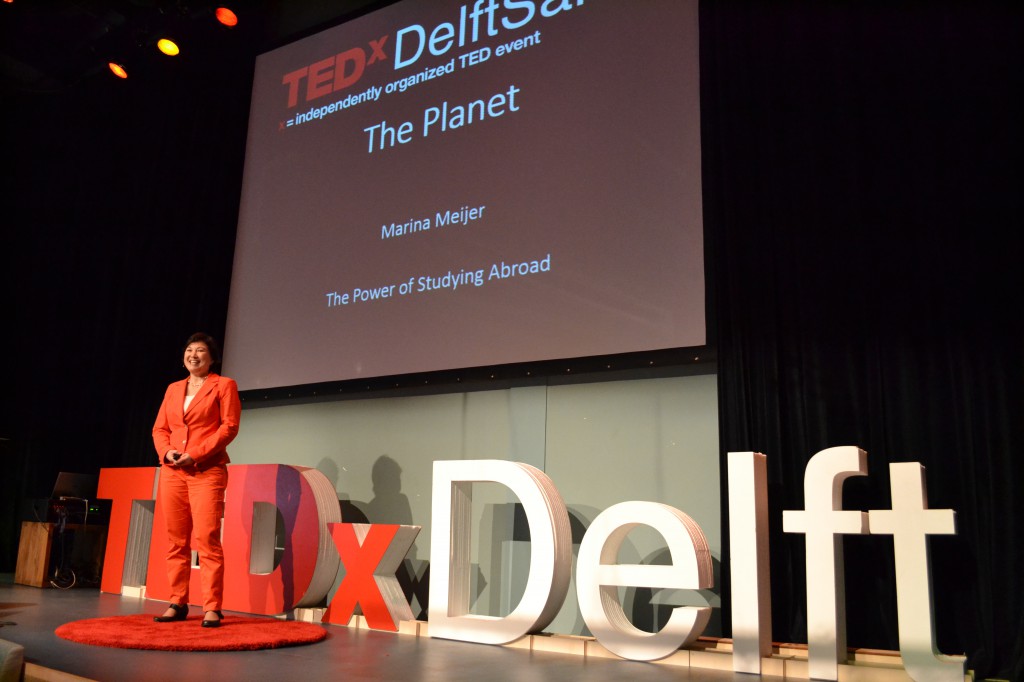
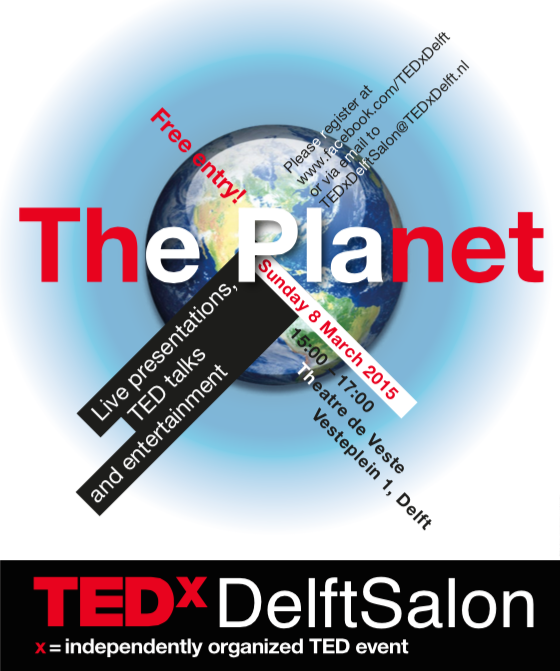
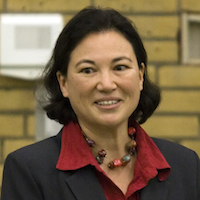
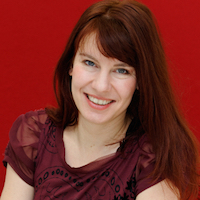
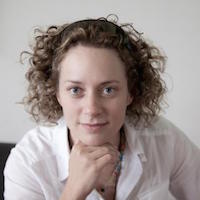

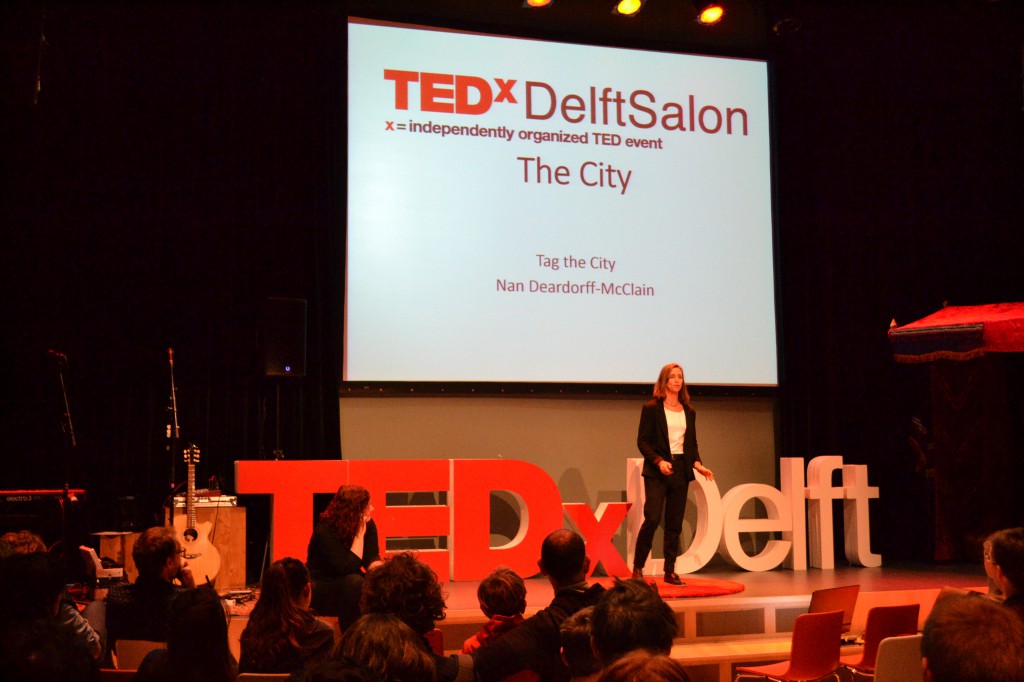
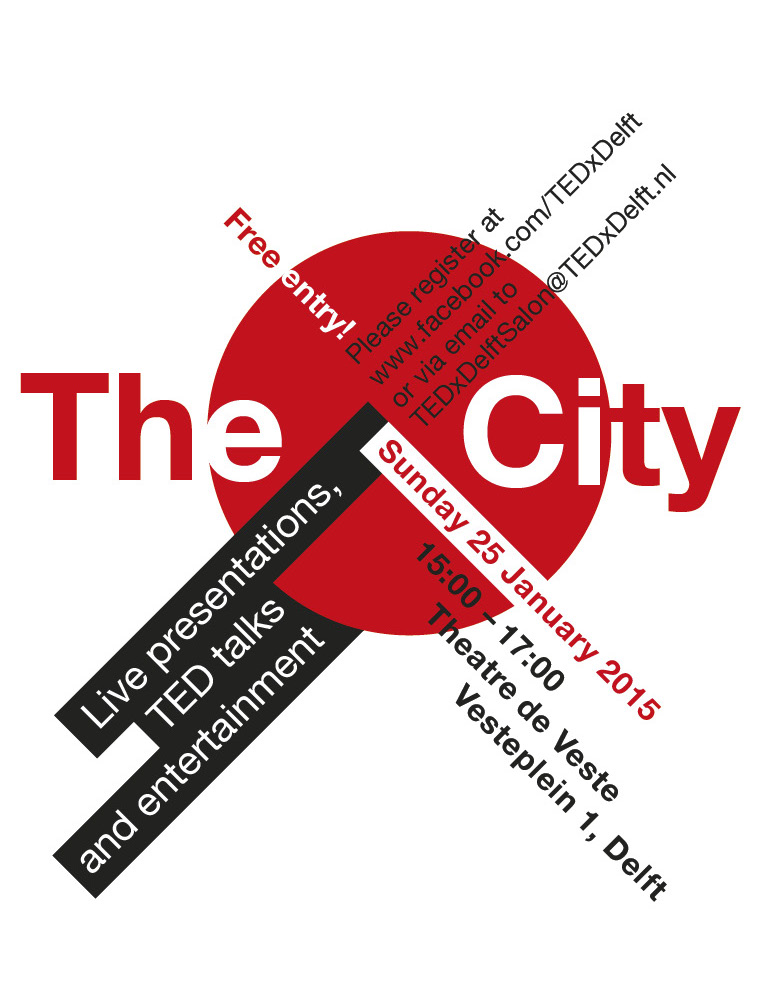


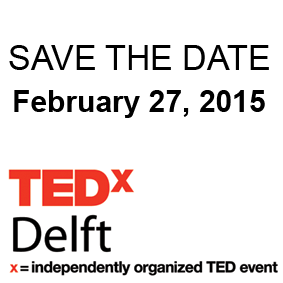
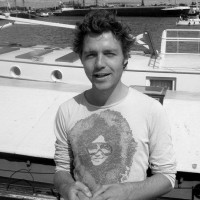 Seven Billion Presidents
Seven Billion Presidents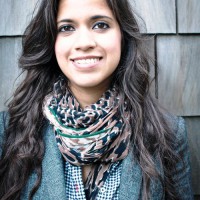 11 November 2013 from 12.30 until 13.30 in the aula auditorium TU Delft (please be aware me moved TEDxDelftSalon from the Library to the Aula).
11 November 2013 from 12.30 until 13.30 in the aula auditorium TU Delft (please be aware me moved TEDxDelftSalon from the Library to the Aula).